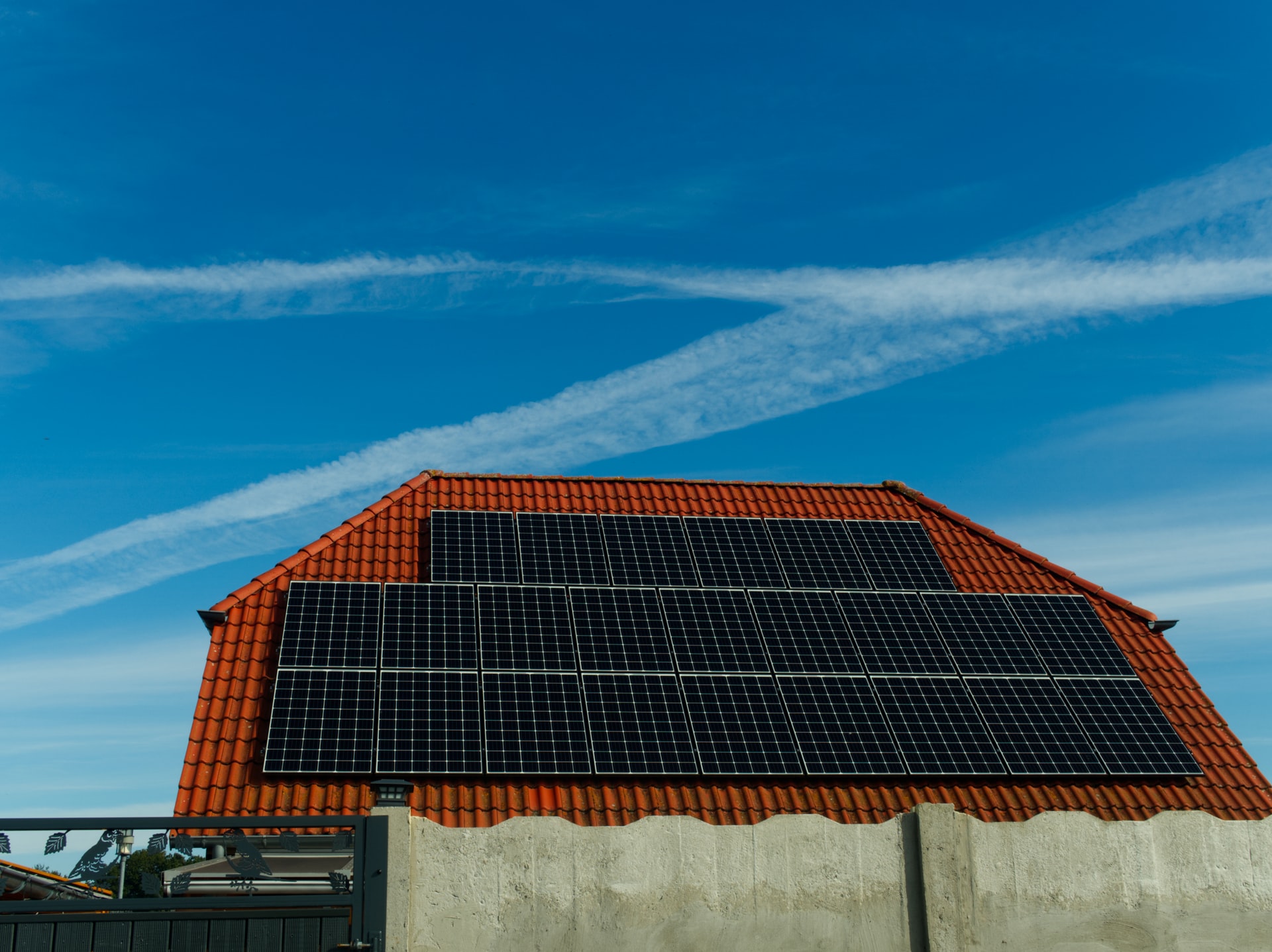
- Sustainable Planet -
- 6mins -
- 816 views
Europe may initiate plan requiring solar panels on all public buildings by 2025
The European Commission plans to accelerate the rollout of solar energy to end the reliance on Russian fossil fuels, and is considering making the installation of rooftop solar compulsory for all new buildings.
Solar electricity and heat are key for phasing out EU’s dependence on Russian natural gas
Countries are speeding up efforts to transition to 100% renewable energy sources, not just for the sake of the climate, but also to build independence from Russian fossil fuels. Germany accelerated its own schedule to become 100% renewable, seeing the danger to its energy sector that Russia posed, and now the European Commission is following suit.
To help wean countries off Russian fossil fuels, the European Commission is proposing an impressive rollout of solar energy and restructuring its entire solar manufacturing industry.
Despite solar photovoltaic (PV) costs decreasing by more than 80% over the past 10 years, solar only accounted for 5% of EU’s electricity in 2020, and its share in heat production sat at a very low 1.5%.
“Solar electricity and heat are key for phasing out EU’s dependence on Russian natural gas,” the Commission wrote in the draft which is set to be published this week in a package of proposals to end the European Union’s dependence on Russian oil and gas. — OptimistDaily
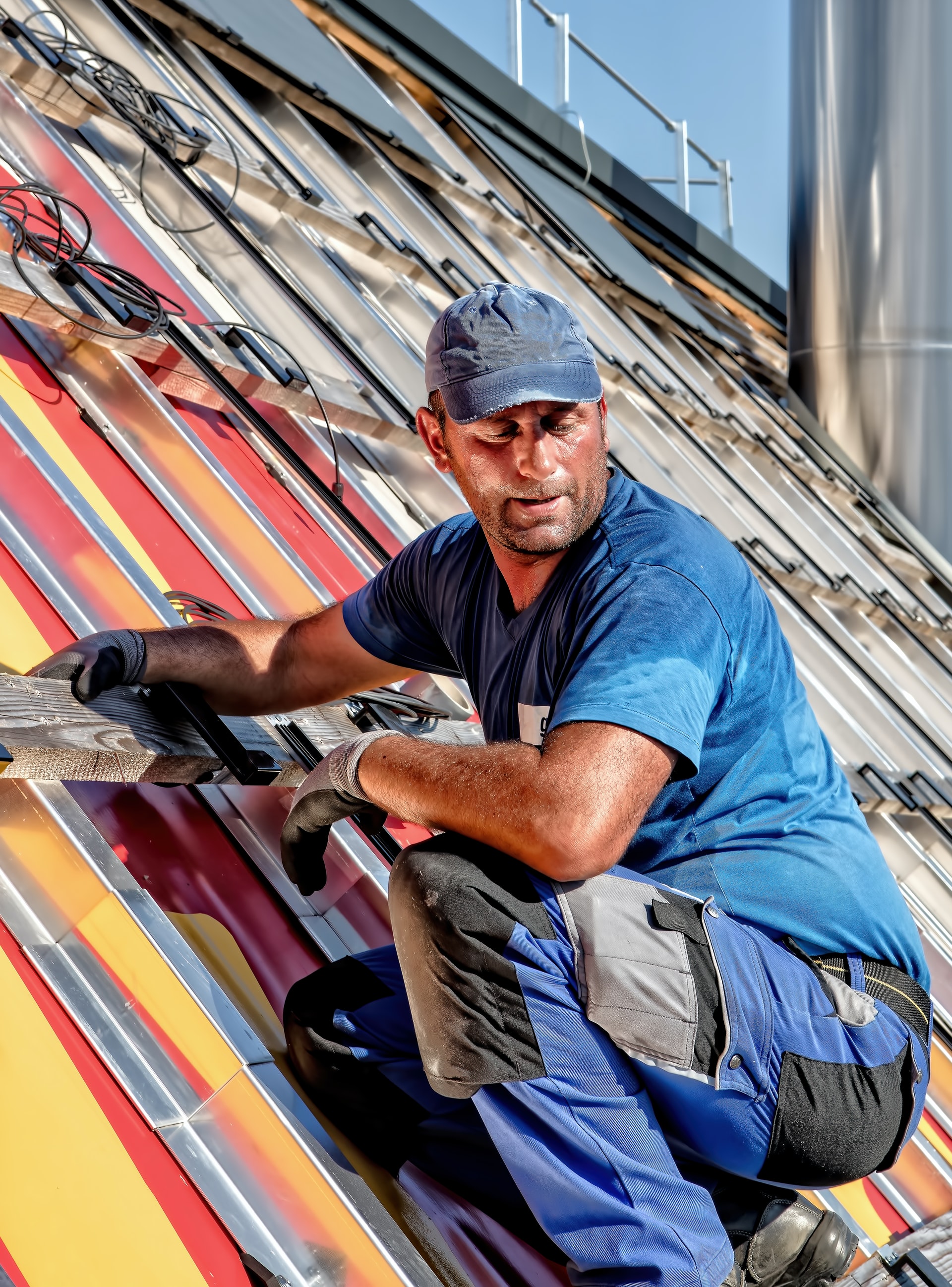
The solar rooftop plan
The scheme launched by Brussels called the “European Solar Rooftops Initiative,” would oblige the EU and national governments to provide funding and launch support programs for the installation of rooftop panels and solar energy in all suitable public buildings by 2025.
According to EU Green lawmaker Michael Bloss, “the solar turnaround has never been tackled in concrete terms.” Thus, he, along with other countries like Austria, Lithuania, and Spain, calls for Brussels to handle the transition to clean energy with legal tools instead of voluntary schemes. This means legally requiring new buildings to have solar rooftops on flat roofs, public buildings, and supermarkets across Europe.
Another EU plan hopes to bring together governments and training providers to focus on educating solar sector workers, while an “EU Solar Industry Alliance” would put the bloc’s budget and carbon market “innovation fund” to use by supporting investments in manufacturing. — OptimistDaily
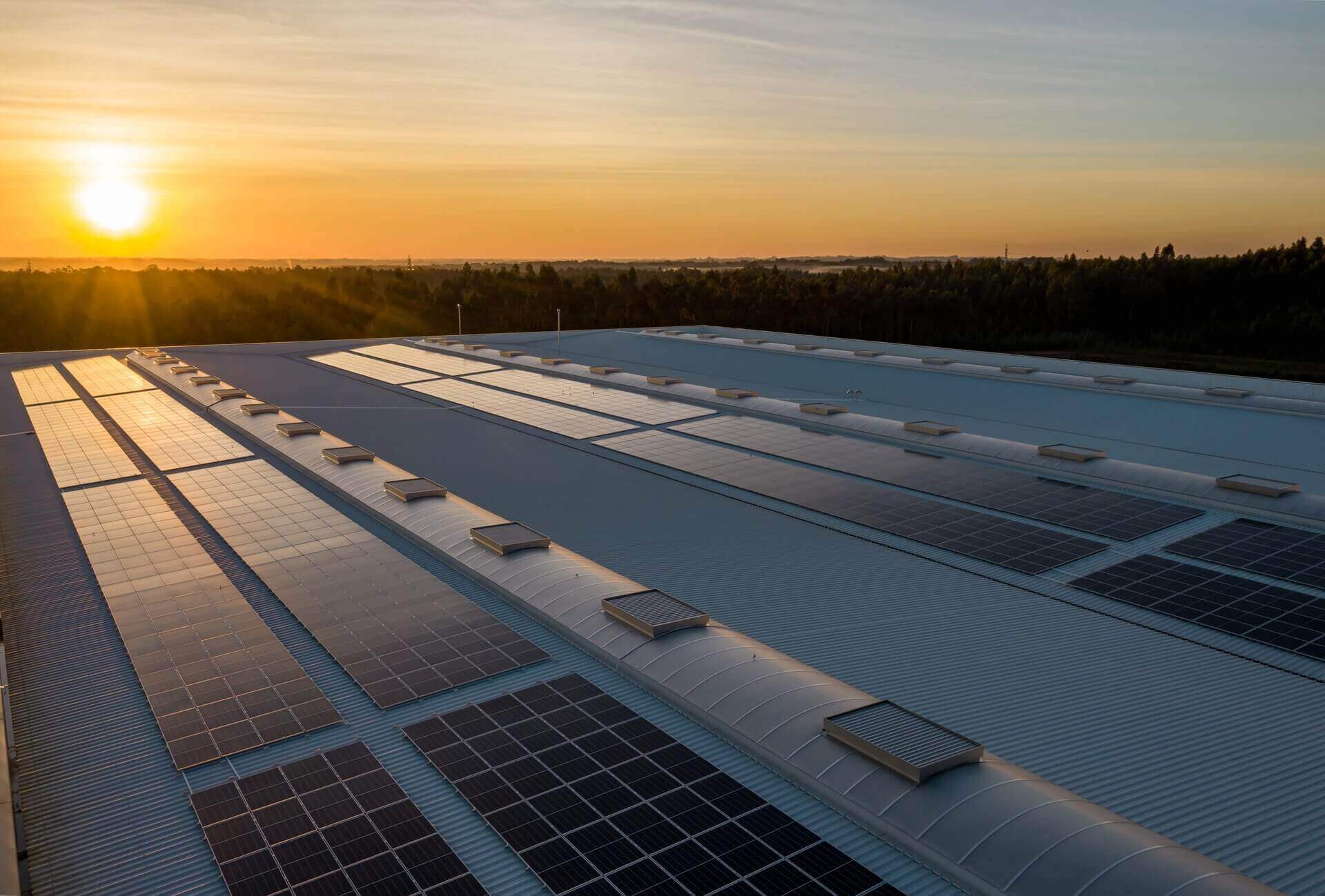
Draft EU plan proposes rooftop solar on all public buildings by 2025
A leaked draft of the REPowerEU plan sets out faster permitting rules for new projects and a solar strategy that could make rooftop solar mandatory for all new buildings.
The REPowerEU package is set to be presented next week and the document is still a work in progress, but the draft shows photovoltaics are one of the key components to phase out dependence on Russian fossil fuels.
According to reports, the European Commission will push to increase solar power capacity to 300 GW for 2025 and to 500 GW for 2030 to speed up the transition to renewable energy, reduce emissions and Europe’s dependency on energy imports. The leaked plan also lays out a roadmap to boost solar energy.
The Commission plans to launch a “European Solar Rooftops Initiative” to cut gas-fuelled power and heating in homes, offices, shops and factories. This plan would add 17 TWh of electricity after its first year of implementation, which is 17% higher than current EU projections. By 2025, it would generate 42 TWh of additional electricity, according to Euractiv.
The scheme would require the EU and national governments to limit permitting times to three months for rooftop installations while also push countries to use EU funding and launch support programmes for rooftop panels, and install solar energy in all suitable public buildings by 2025.
Although it’s still under consideration, the Commission might suggest making the installation of rooftop solar compulsory for all new buildings. The draft plan suggests having at least one renewable energy community in every municipality with a population of 10,000 or more by 2025.
The Commission is set to propose schemes for training workers in the solar sector and supporting photovoltaic equipment manufacturing projects. Additionally, a “European Solar Industry Alliance” would be launched to establish an innovation-led, resilient solar value chain in Europe.
Source: CEEnergyNews
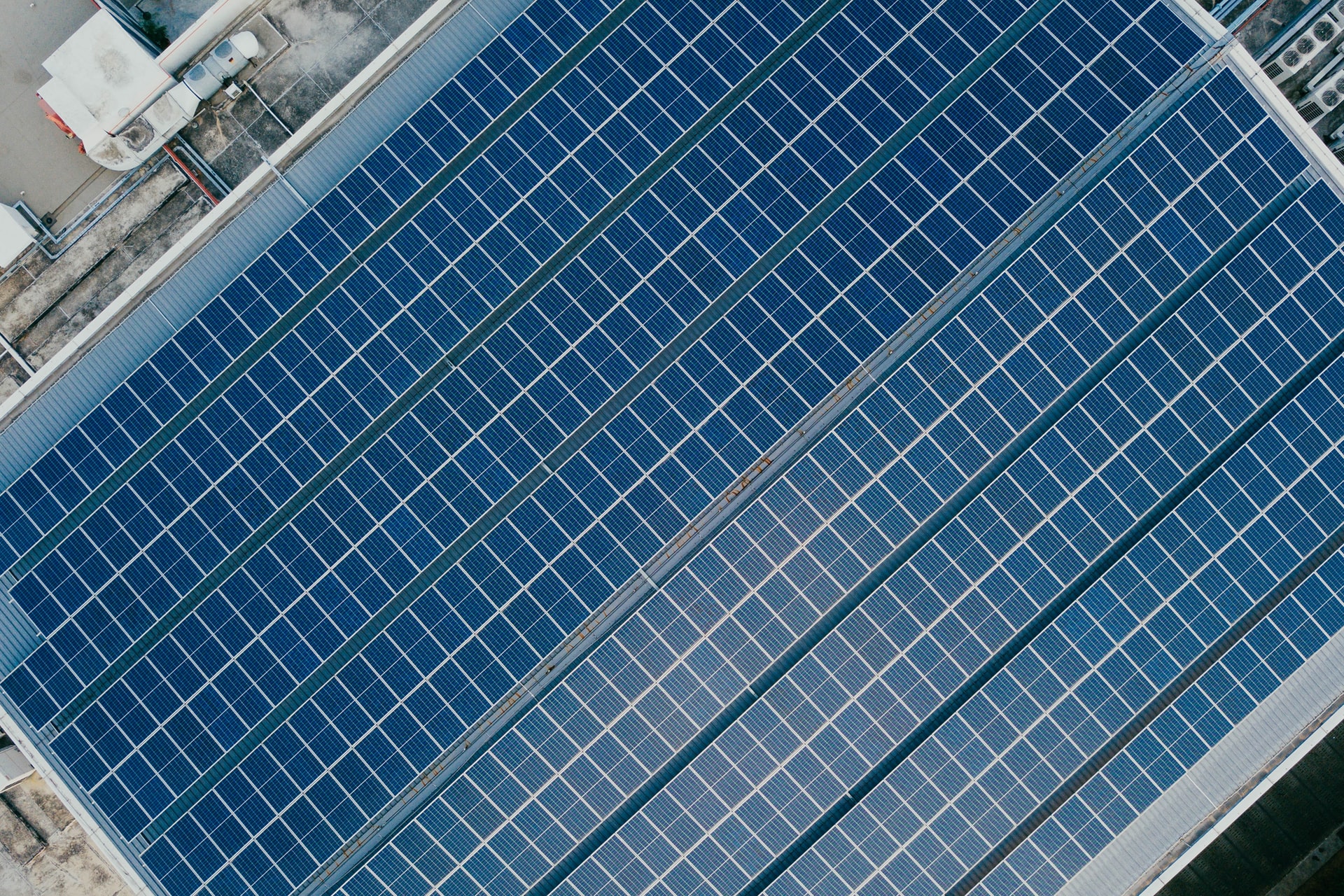
some EU governments have already expressed support for increased solar ambitions
SolarPower Europe predicts that solar is set to deploy over 30 GW, including 1.5 million solar rooftops, by the end of this year. With the right frameworks in place, 1 TW of solar capacity is within reach for Europe by 2030 according to Walburga Hemetsberger, CEO of SolarPower. European solar deployment has surpassed expectations year after year, succeeding in some of the most difficult market circumstances.
There are also some EU governments which already expressed their support for increased ambitions. Austria, Belgium, Lithuania, Luxembourg and Spain recently signed a letter to the European Commission asking for higher EU solar ambition – including at least 1 TW EU solar by 2030.
With the ongoing war in Ukraine, the Commission is also considering boosting the target of renewable energy share. Last year, the Commission proposed to increase this share already to 40% by 2030 and in March the European Parliament pushed it even further by suggesting to increase it to 45%. Currently, 22% of the EU’s energy consumption comes from renewables.
Source: CEEnergyNews
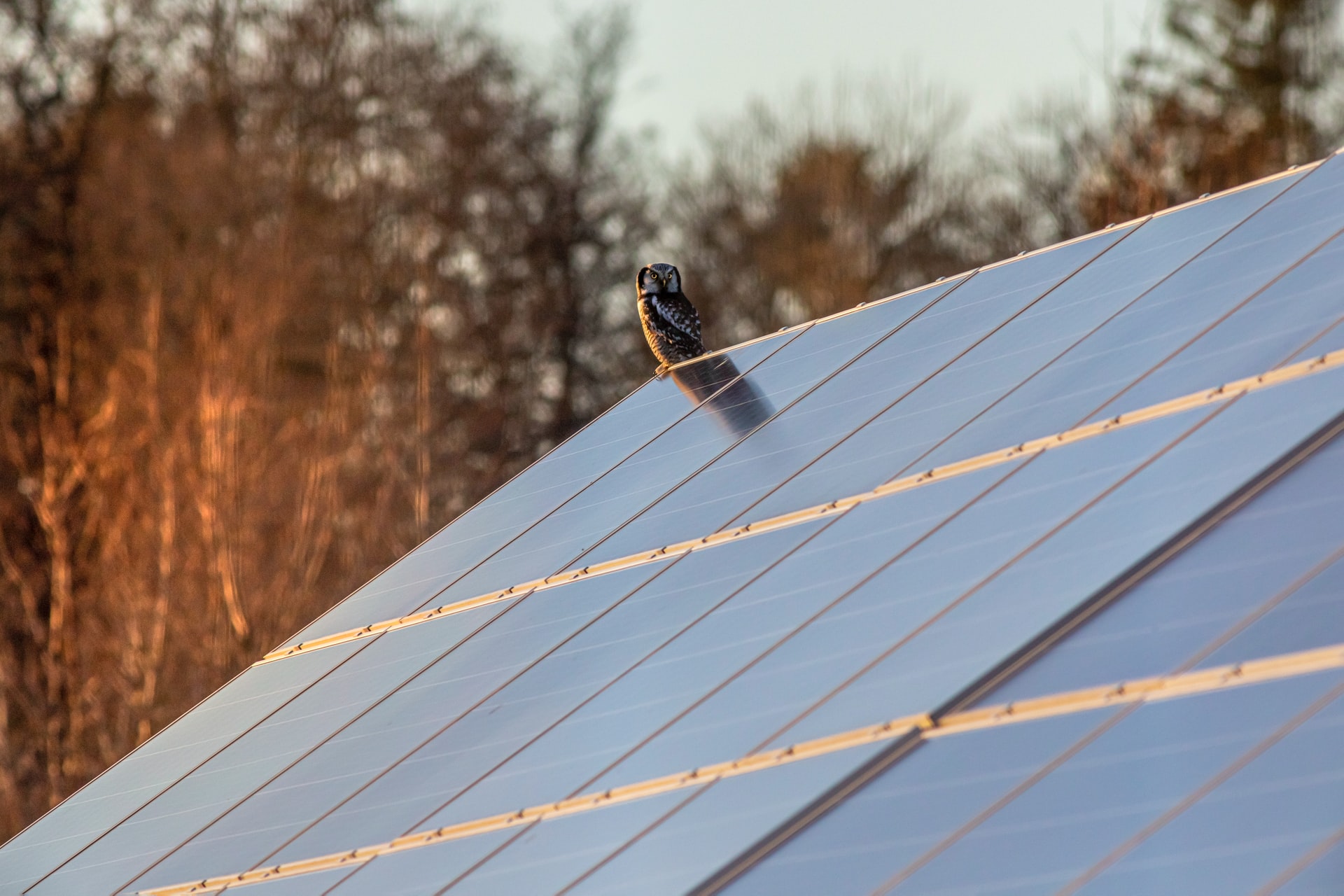
Five EU member states join call for 1 TW of European solar by 2030
Energy Ministers from Austria, Belgium, Lithuania, Luxembourg, and Spain have signed a letter to the European Commission asking for higher EU solar ambition – including at least 1 TW EU solar by 2030.
In light of the unprovoked Russian war on Ukraine, this joint letter from five EU member states calls for an acceleration of the renewable transition to phase-out energy dependency on Russia, while also achieving climate goals and shielding Europeans from energy price spikes.
The letter points to analysis that the continent has significant potential to improve ‘business as usual’ solar ambition and aim for at least 1 TW of installed solar in the EU by 2030.
In line with several SolarPower Europe recommendations in our ‘8 Actions to Solar Power EU Energy Independence’, signatories call for an EU Solar Act within the European Commission’s expected REPowerEU update later this month. The letter recommends that any EU Solar Act should establish solar rooftops as “the norm” for all new and renovated buildings, maximise the potential of prosumers, unlock an EU Solar Manufacturing Fund, and ensure the necessary solar workforce to implement the transition.
Walburga Hemetsberger, CEO of SolarPower Europe said: "As the unprovoked Russian war on Ukraine continues, the EU knows we must move away from Russian gas dependency as fast as possible. Higher solar ambition will support EU energy independence, shield Europeans from energy price hikes, create millions of green jobs, and massively contribute to our climate goals. Through this initiative, Austria, Belgium, Lithuania, Luxembourg and Spain are leading the way to the European solar terawatt age."
Source: SolarPowerEurope.org
